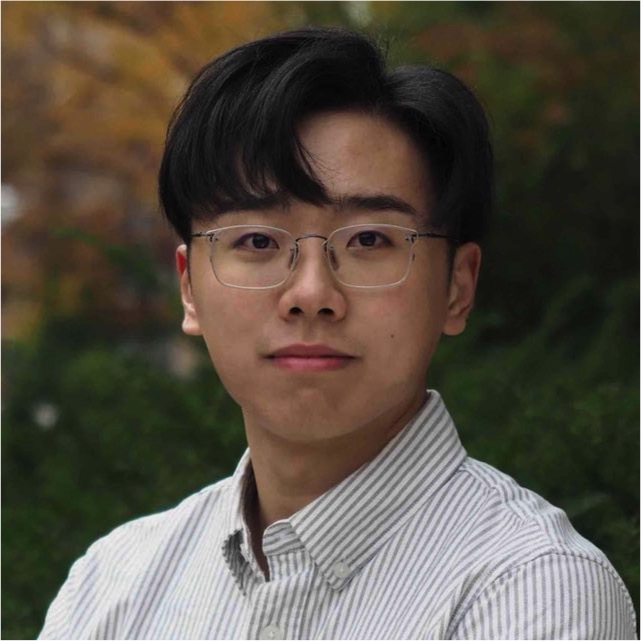Quantum computers may solve some problems beyond the reach of classical digital computers. However, emerging quantum systems are typically noisy and difficult to control, leaving a significant gap between the exacting requirements of quantum applications and the realities of noisy devices. Bridging this gap is crucial.
Yongshan Ding’s work adapts conventional computer systems techniques to meet the critical theoretical and experimental constraints in quantum processors.

His three-part talk includes: (i) introducing his recent work on systematic noise mitigation for superconducting transmon qubits [MICRO’20], which enhances the robustness of quantum processors through coordination of control instructions; (ii) demonstrating efficient and reliable quantum memory management [ISCA’20], which implements automated tools for allocation, reclamation and reuse of qubits in quantum programs, much like in garbage collection for classical programs; (iii) discussing on-going work on implementing quasi-fault-tolerant rotation gates in quantum error correction, which seeks to provide correctness guarantees for quantum applications by encoding quantum bits in a way that errors can be detected and corrected, analogous to classical error-correcting codes.
Yongshan Ding is a Ph.D. candidate at the University of Chicago, advised by Fred Chong. He received his B.Sc. degrees in computer science and physics from Carnegie Mellon University. His research focuses on quantum computer systems, specifically through co-design of quantum algorithms, software, and devices. Ding has developed novel techniques for quantum error correction, quantum memory management, and optimizations at the quantum-classical interface. His work has been recognized with two Best Paper Awards by IBM Q and QCE’20 and two Honorable Mentions in IEEE Micro Top Picks. Additionally, Ding is the lead author of a textbook, Quantum Computer Systems, in Morgan-Claypool Publisher’s synthesis lectures in computer architecture. He has been supported by a Siebel Scholarship and a William Rainey Harper Dissertation Fellowship. Visit his personal website here.
Contact Ginny Watterson for Zoom link.